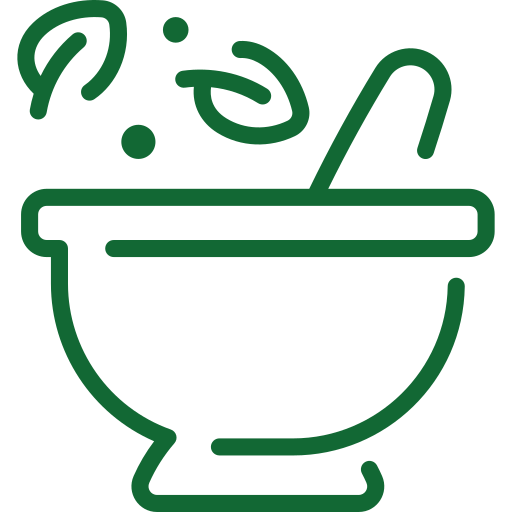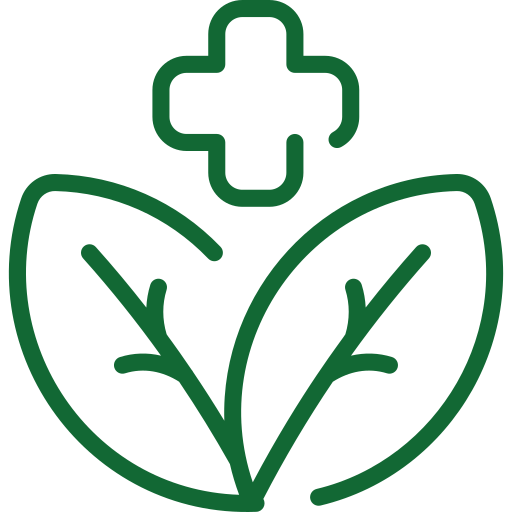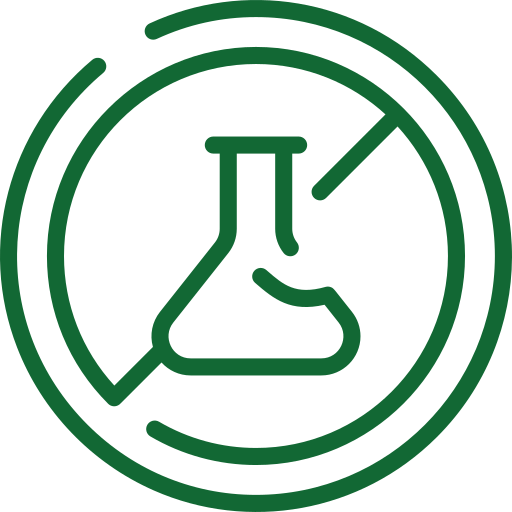Atopic Eczema: Ayurveda and Modern Medicine
Atopic eczema, also known as atopic dermatitis, is a chronic skin disease that affects millions of people worldwide. It is characterized by itching, redness and dryness of the skin, which can lead to the formation of blisters and rashes. These symptoms can be very uncomfortable and affect the quality of life.
The causes of atopic eczema are complex and multifactorial. Modern medicine emphasizes genetic predisposition, dysfunction of the skin barrier and the immune system as the main factors. However, from the point of view of Ayurveda, an imbalance in the three dosha constitutions (Vata, Pitta, Kapha), increased stress, improper diet and a negative environment can also have an effect on the development of this disease. Considering these aspects, it is important to focus on balancing the three dosha constitutions and strengthening skin immunity.
During the treatment of atopic eczema, various herbal extracts with anti-allergic, anti-inflammatory and nourishing properties are used in Ayurvedic practice. Among the most effective are:
Neem (Azadirachta indica), which helps purify the blood and detoxify the body
Aloe Vera, which moisturizes and soothes the skin
Turmeric (Curcuma longa), known for its anti-inflammatory effects
Manjistha in ayurveda valued above all for its excellent effect on blood purification , which is of great importance in the treatment of various skin diseases.
Amla (Amalaki) j is one of the richest natural sources of vitamin C ever
In addition to these herbs, it is also advisable to use Giloy (Guduchi - Tinospora cordifolia) to support the immune system and Brahmi (Bacopa monnieri) to alleviate stress and nervous anxiety.
Nutrition plays a key role in the treatment of atopic eczema. According to Ayurveda, it is important to consume foods that balance the tridosha constitution and have a cooling and hydrating effect. These include fresh fruits and vegetables, whole grains like rice and buckwheat, and healthy fats like ghee and coconut oil. At the same time, it is advisable to avoid foods that can cause allergies and worsen conditions, such as dairy products, eggs, nuts and foods with a high histamine content.
Lifestyle is another important factor in the treatment of atopic eczema. Ayurveda emphasizes the importance of regular exercise, proper sleep, and eliminating stress through meditation and yoga exercises. Modern medicine also recommends avoiding irritants such as chemicals in cleaners and cosmetics and preferring clothes made from natural materials.
The combined approach of Ayurveda and modern medicine to the treatment of atopic eczema emphasizes the importance of a holistic approach that includes not only treating symptoms, but also balancing the body, mind and spirit. With the help of suitable herbs, eating habits and lifestyle, it is possible to achieve relief and improve the quality of life for patients suffering from atopic eczema.







